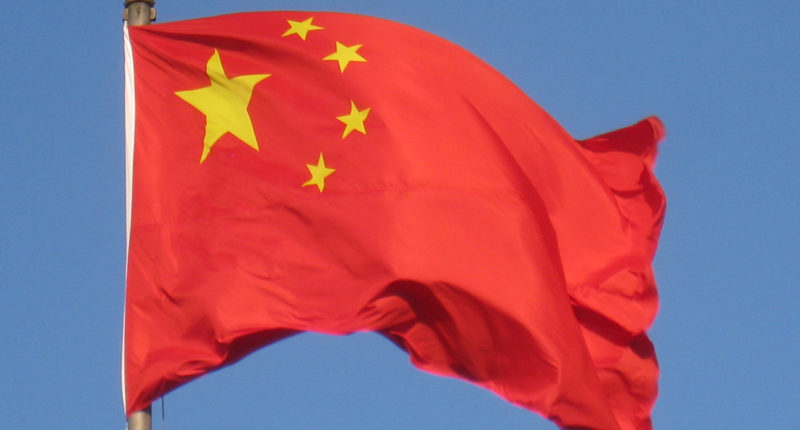Remember Didi, China’s answer to Uber, and its IPO earlier this year? To recap, the company raised an astounding $4.4 billion in its IPO earlier this year, which was the biggest Chinese IPO in the US since 2014. However, the aftermath was not a pleasant one for Didi, whose shares fell after China announced that they were investigating the company. Didi had gone public despite regulatory concerns over the security of its data, and days after its listing on the New York Stock Exchange, the government banned it from app stores (it was said that that this move was done due to “serious” problems related to the collection and use of customer data).
Chinese companies are having a tough time as their very own government has turned against them and have been putting restrictions in place to prevent behemoths from reigning unchecked and a “reckless” expansion of private capital. Several Chinese companies have thus gone overseas for their IPOs, and now, the Chinese government is doing something about it.
Instances of Chinese firms raising record amounts of capital in IPOs might not be a thing anymore as the Chinese government will be putting new restrictions on offshore listings by firms in sectors that are off-limits to foreign investment, thereby discouraging Chinese companies from trading in foreign markets.
This development comes soon after the China Securities Regulatory Commission proposed that Chinese companies who wish to go public in other countries would be required to register with the securities regulator and meet a set of requirements set forth by government officials. If it was seen that the listing of any company posed a threat to national security, then they would be banned from proceeding. Additionally, companies may be required to divest some assets “to eliminate or avoid the impact of overseas issuance and listing on national security.”
According to the National Development and Reform Commission and the Ministry of Commerce, Chinese firms in industries that were banned from the foreign investment will need to seek a waiver from a negative list before they proceeded for share sales. Additionally, the stake of foreign investors could not be more than 30% (in total, a single investor cannot own more than 10% of the company) and they would not be participating in the management of the company.
The headaches for Chinese companies seem to continue as companies who have gone public using the VIE system are expected to have a difficult time. Giants like Alibaba used the VIE system to go public – VIE stands for Variable Interest Entities and involves creating an overseas holding company, allowing investors to own a stake in a Chinese company, and allowing the firm to transfer profits there. It allows foreign investors to participate in industries that are explicitly or practically restricted from foreign investment.
The Tech Portal is published by Blue Box Media Private Limited. Our investors have no influence over our reporting. Read our full Ownership and Funding Disclosure →






